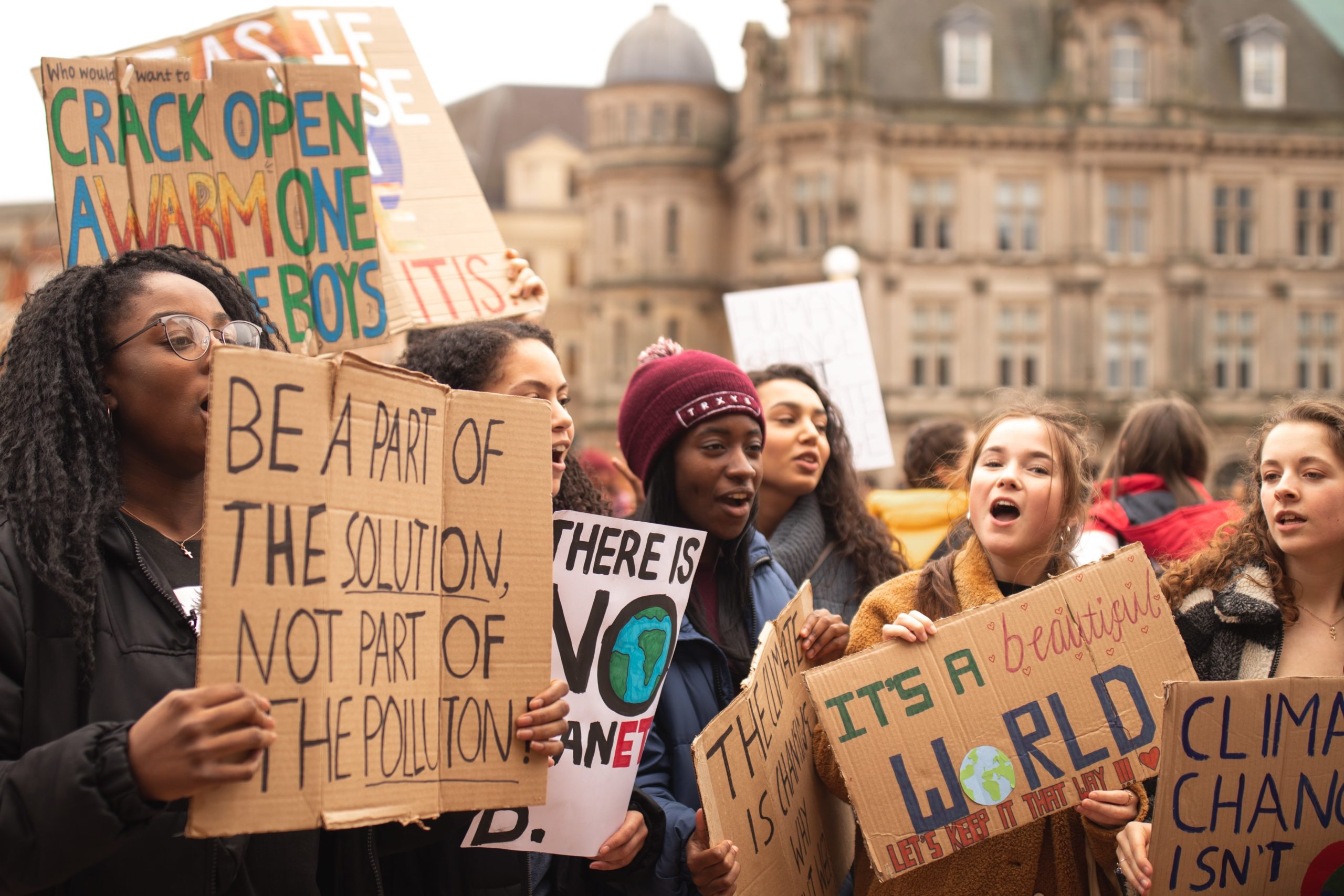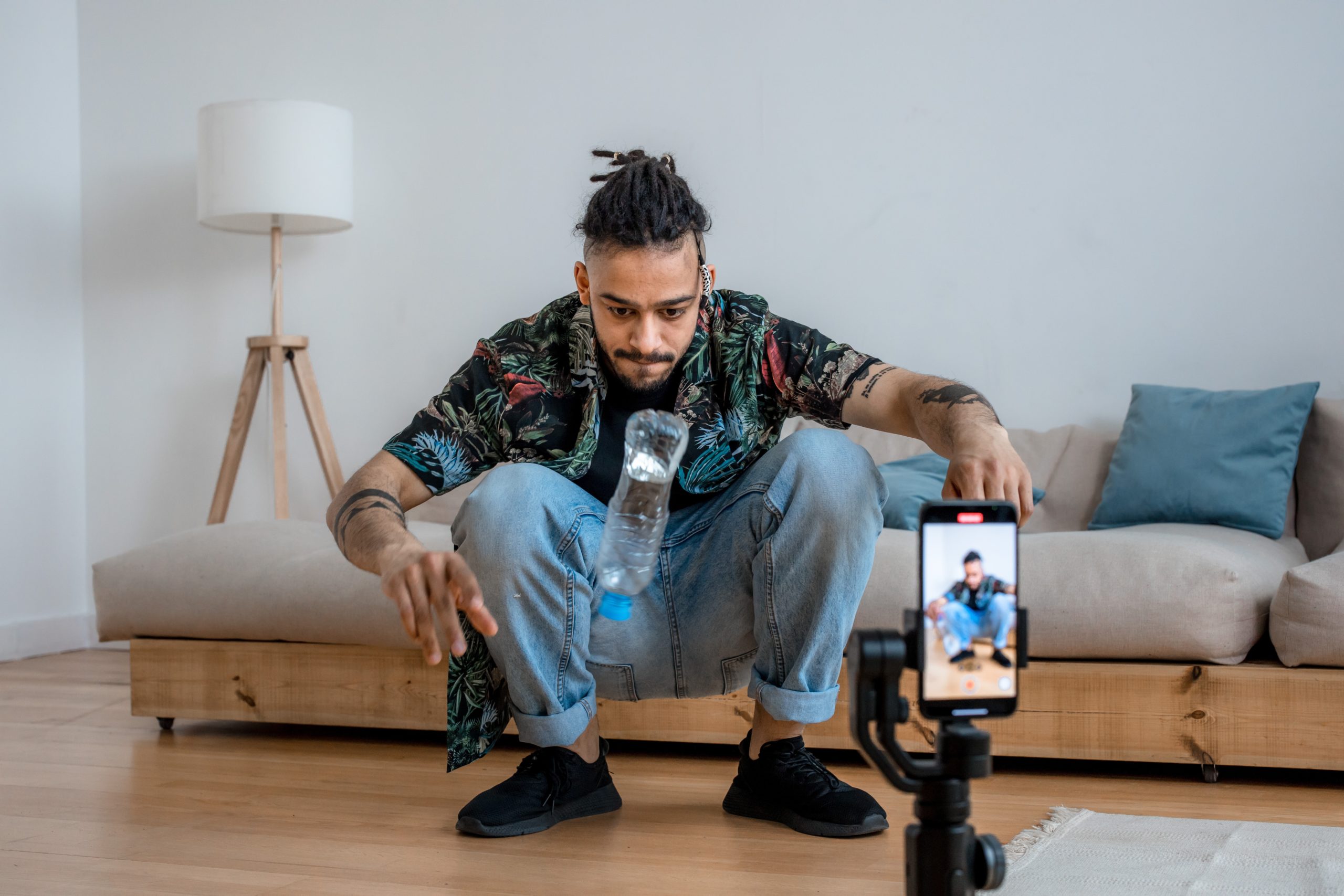 There is nothing quite like a billion-dollar price tag to make you say, “I told you so.” In this case, I’m feeling pretty self-congratulatory after beating the drum for months and months saying, “So, this Instagram is a pretty big deal.”
There is nothing quite like a billion-dollar price tag to make you say, “I told you so.” In this case, I’m feeling pretty self-congratulatory after beating the drum for months and months saying, “So, this Instagram is a pretty big deal.”
After weeks of speculation, it was announced yesterday on Facebook and on the official Instagram Blog, that Facebook purchased the social photography site for US $1 billion. Mark Zuckerberg made the announcement on his Facebook timeline, where the post received nearly 100,000 likes and comments in less than three hours.
Back in September 2011, when Instagram was just nine months old, the website 1000memories estimated that Facebook stored more than 10,000 times the number of photos housed in the Library of Congress. One month later, Mashable reported that 250 million photos were uploaded to Facebook each day. So, what drove Facebook to make Instagram their largest acquisition to date? Financial and tech analysts cannot talk about the deal without mentioning Facebook’s upcoming IPO, which is expected to be the largest IPO in history.
Ben Foster, VP and digital strategist in Chicago, points out that this breaks Facebook’s track record of making talent-based acquisitions. Of all the filter-based photo apps out there, Ben says that Instagram’s appeal is its robust user base of 35 million users, including some people and brands you may have heard of: Starbucks, GE, Levi’s, President Obama and the NBC Nightly News are all active Instagram users.
Because Instagram is a mobile-only app, many brands set up companion Tumblr blogs to host their Instagram photos online; the Facebook integration probably makes this step unnecessary. Integrating the Instagram user experience into Facebook also means more minutes spent on the social network, and, accordingly, more ad impressions and clicks for Zuckerberg.
Although a key value proposition of Instagram is its mobile interface, Fernando Neves, director of Digital for Ketchum Brazil, says that expanding the Instagram mobile platform to Facebook will grow its user base exponentially – presumably, all of those cool retro filters will now be available even to folks without a smartphone.
Facebook’s acquisition of Instagram has broad implications for how brands connect with people through social media, specifically the increasing importance of visuals in communications campaigns. Instagram is the largest mobile-based social network in the world, according to Mashable, and it recently demonstrated its rapidly growing popularity by adding more than one million users in 24 hours when it launched for Google’s Android platform last week.
Coupled with the news that Pinterest is now the third most-visited social networking site in the U.S., the picture for brands becomes clearer (no pun intended) – photo sharing through social networking sites is big business.
Alan Danzis, VP and digital strategist in New York, cites Om Malik’s blog post about how the emotional appeal of Instagram photos can benefit the Facebook brand, which is seen by some as “evil” due to controversies around its privacy policies.
While the announcement has generally been met by excitement, some fear the polluting influence of Facebook. The LA Times Tech Now blog has captured some sentiment from Instagram users – positive and negative reactions. Web entrepreneur Sean Percival feared Facebook will do to Instagram what it has done to social reading.
Fernando Neves enjoys using hashtags on Instagram to discover new photos and users of interest to him, and he hopes Facebook finds a way to import this functionality. If you’re one of those Instagram users who is not thrilled that Facebook will now have access (ownership?) of your photos and metadata, here’s how to delete your account. (As for me, I think it’s finally time for me to add Instagram to my Microsoft word dictionary.)
Time will tell if the one billion dollar price tag for Instagram was an overvaluation – for now, 13 employees and nine investors just became very rich.
Thank you to Ferenc Koszorus, Ben Foster, Fernando Neves, and Alan Danzis for contributing to this post.


